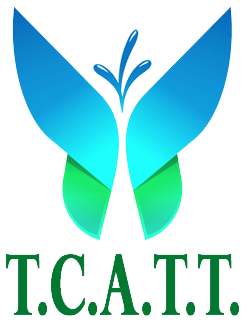


More Information
-
Here are some common indicators to help you recognize human trafficking and potentially save a life. You may also download or order the Blue Campaign indicator card, that lists common signs of trafficking and how to report the crime.
• Does the person appear disconnected from family, friends, community organizations, or houses of worship?
• Has a child stopped attending school?
• Has the person had a sudden or dramatic change in behavior?
• Is a juvenile engaged in commercial sex acts?
• Is the person disoriented or confused, or showing signs of mental or physical abuse?
• Does the person have bruises in various stages of healing?
• Is the person fearful, timid, or submissive?
• Does the person show signs of having been denied food, water, sleep, or medical care?
• Is the person often in the company of someone to whom he or she defers? Or someone who seems to be in control of the situation, e.g., where they go or who they talk to?
• Does the person appear to be coached on what to say?
• Is the person living in unsuitable conditions?
• Does the person lack personal possessions and appear not to have a stable living situation?
• Does the person have freedom of movement? Can the person freely leave where they live? Are there unreasonable security measures?
**Not all indicators listed above are present in every human trafficking situation, and the presence or absence of any of the indicators is not necessarily proof of human trafficking.**
-
There is a wide array of characteristics and group inclusions that make up the demographics of those who are sex trafficked.
Sex trafficking victims can include:
• Persons of any sex or gender
• Pregnant women and LGBTQ+ youth are at a high risk for sex trafficking based on the increased money traffickers can make from these groups
• Youth in the foster care system
• Persons with mental health issues
• Persons with drug addictions
• Immigrants
• Persons living in poverty
• Homeless persons
• Ages ranging from three-months to 70+ years old. This is not a typo. Instances of babies being sex trafficked as young as three months of age have been documented. In 2017, a three-month-old baby and her five-year-old sister were rescued during a sex trafficking FBI operation (Rosenberg, 2017).
• People from middle- and upper-class families
• College students
• People who are dressed nicely
• Introverted or extraverted people
About Us
Mission
Tri-County Anti-Trafficking Taskforce exists to raise awareness to the reality of human trafficking as well as provide avenues of escape for those currently enslaved.
Leadership
T.C.A.T.T. is comprised of community members, health care workers and law enforcement.
Coordinator: Kim DeRose
Board Chair: Glenn Blankenship
Meetings
T.C.A.T.T. currently meets monthly at the Justice Court Conference Room in Ontario, Oregon.
What we do:
1. Refer victims to social services to victims of trafficking
2. Create and present professional training on labor and sex trafficking
3. Create and disseminate outreach to at-risk populations
4. Raise community awareness through public education campaigns
5. Hold trafficking offenders accountable
T.C.A.T.T. complies with federal civil rights laws and does not discriminate on the basis of race, color, national origin, disability, religion, sex, gender identity, sexual orientation or age. T.C.A.T.T. operates its programs, services and activities in compliance with federal non-discrimination laws.














